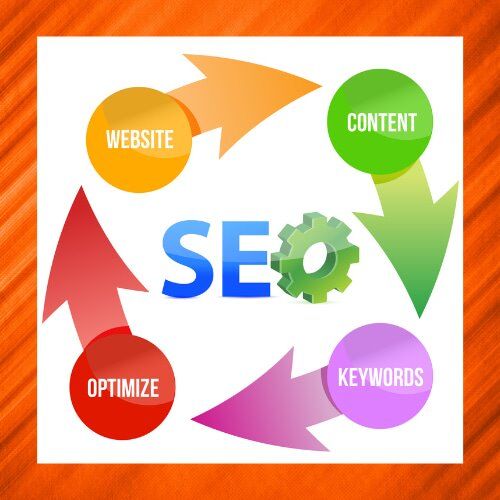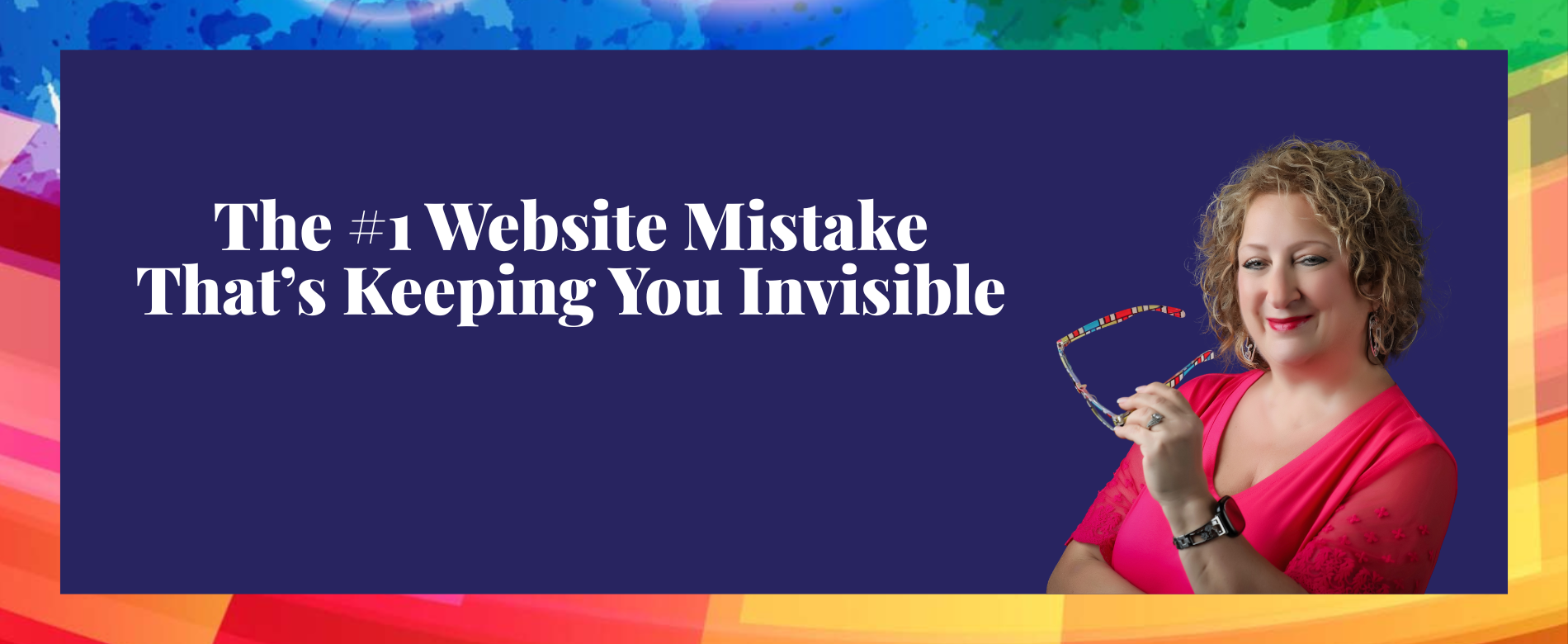As of May 2021, Google moved user-friendliness to the top of the list for what their algorithms look for when completing searches. User-friendliness refers to page load speeds, mobile responsiveness, security, font legibility, data accessibility, and more - basically anything that impacts how easy it is to actually use your website and find what the visitor is looking for. For example, two of the issues Google specifically called out as negative factors in their May 2021 update were pop-ups that block data and not having a security certificate (SSL). Page load speeds are also high on this list, and rightfully so, since speed is so critical for a positive user experience. Unfortunately, we are limited on most platforms in terms of how much we can do to impact page load speeds. However, optimizing your images for mobile, hosting videos on YouTube instead of your website (and linking to them), and avoiding RSS feeds or social media feeds on your website will all help page speed. Some other factors that can improve SEO include: alt text on all images since search engines can’t “see” an image; improved accessibility (ADA-compliance techniques); backlinks to your website, especially from websites with extensive traffic; and using a proper hierarchy in terms of headings on pages of your website.
SEO: What is it and does it REALLY matter?
SEO: What is it and does it REALLY matter?

SEO, or Search Engine Optimization, seems to be a confusing, mysterious, and rather intimidating “entity” for most small businesses. Especially for new business owners. But, honestly, it truly is a nuts and bolts, steeped in reality business approach. We all need to be mindful of what it is, what it does, and consistently work on improving it over time. Like all things in your business, good SEO requires commitment, but it is totally worth it when your ideal customers consistently find your website and your business grows as a result.
Did you know that, according to Digital Commerce 360, online purchases now account for 20% of US retail sales? e-commerce grew 44% in 2020 over the previous year? That alone is an indicator that
buyers are going to the Internet to do their business. Did you also know that,
according to Google,
there are 200 million active websites on the Internet? That is a lot of websites that you are competing with for attention. This is why it is critical that your website is optimized for SEO – so you can be at the top of your game - and be seen online before your competitors!
You might have just gone live with the most aesthetically pleasing website you’ve ever seen, but that’s got little to do with SEO. Unfortunately, unlike in the “Field of Dreams” movie, websites are not a case of “If you build it, they will come!” SEO cares about the behind-the-scenes part of your website and that is what search engines crawl (or index) - not what your ideal customers see online. The biggest obstacle to being found online is balancing the look and feel of your website with the page descriptions, headers, keywords, image size, pop-ups, and general ease of use of your website in the “mind” of the search engine. And here’s the kicker: you have to update your website on a regular basis. Adding new and relevant blog posts, images, products, and services will help keep it current in the eyes of a search engine.
Knowing your ideal customer is huge!
Consider your website as the hub of your business and the epicenter of your marketing plan. Pointing your social media accounts to your website will refer some traffic from your existing followers. But to build your business, you will need to grow that circle of influence, and getting your website on the screens of your ideal customers is the tipping point. Keywords used in your content, blog posts, and page descriptions will help bring your website up in search engine results pages. Therefore, it is key to know what keywords and queries people typically use to find businesses like yours. If you’re not sure what people search for, start asking! You can ask your colleagues, regular customers, people you network with - anyone you feel would have a sense of your business. But keywords are just one part of the process.

Good SEO is not something you can buy – you can’t PAY to show up first. As a matter of fact, Google can’t even pay or force their own sites to show up first in Google searches! It’s ironic, but Google owns and runs over 7,000 websites and even they have to implement solid SEO strategies to show up first!
Have you set up your FREE Google Tools for SEO yet? If not, we offer a Google Tools Setup package. Tools such as Google My Business, Search Console, and Google Analytics are key to telling Google your website exists and how to find it. Google My Business is also great for getting more attention on your business, even more so than social media in many cases. We encourage all businesses to post regularly to Google My Business, especially if you have a visual business where images are great for promotion.
One important thing to remember about
SEO is that it is not something you can do once and forget about and it takes time to see the results. As we have said here, there are many things that need to be done upfront to get to the level you want, but it also takes ongoing maintenance to maintain your standing once you get there. In addition to everything listed here, a significant part of SEO is staying on top of all of the changes being made with algorithms and search engine criteria then implementing improvements in accordance with those changes. Once you achieve the SEO goals you want, it is also critical to understand how you got there so you don’t undo the progress made. For example, one of our clients had her website listed on a very popular website, which significantly helped her ranking. Without realizing the impact, she cancelled the subscription, therefore removing the listing, and is now several pages deep in searches instead of on page one as she was before.
It is also important to understand that
SEO takes time, typically 3-6 months, to see real results. The World Wide Web is enormous and any changes have to propagate across multiple servers and an enormous amount of data. Think of it like a huge filing cabinet where 200 million-plus websites are indexed and filed and every change has to be re-filed. In short, it is not an instantaneous or easy process, which are the main reasons we recommend getting help! This is definitely one of those areas where we encourage you to let us take on these technology challenges we love and excel at while you focus on what YOU love and are passionate about!
At BizBolster Web Solutions, we offer several SEO packages for small businesses, including the Google Tools Starter package; Basic SEO services; Advanced Local SEO services; Advanced National SEO services; Reputation Management to improve your reviews (another area that impacts SEO); and Google My Business updating services. You can find the details for these services at
https://www.bizbolster.com/seo - and you can also request a full SEO report while you are there! However, before making any decisions, we do recommend a 15-minute call with Lori to discuss what options make the most sense for your business. To set up a call, select “Breakthrough Session” on our “Let’s Chat” page:
https://www.bizbolster.com/connect.
Reference Links:
Digital Commerce 360: 5 eCommerce data forecasts from 2021 to stay ahead
Logistyx Technologies: 2020 Proved an Enormous Year for E-Commerce Growth with Lessons for 2021
Inside Google Marketing: 3 ways we think about SEO
techjury: How Many Websites Are There in 2021?



BizBolster Web Solutions, LLC, Yulee, FL - All Rights Reserved


